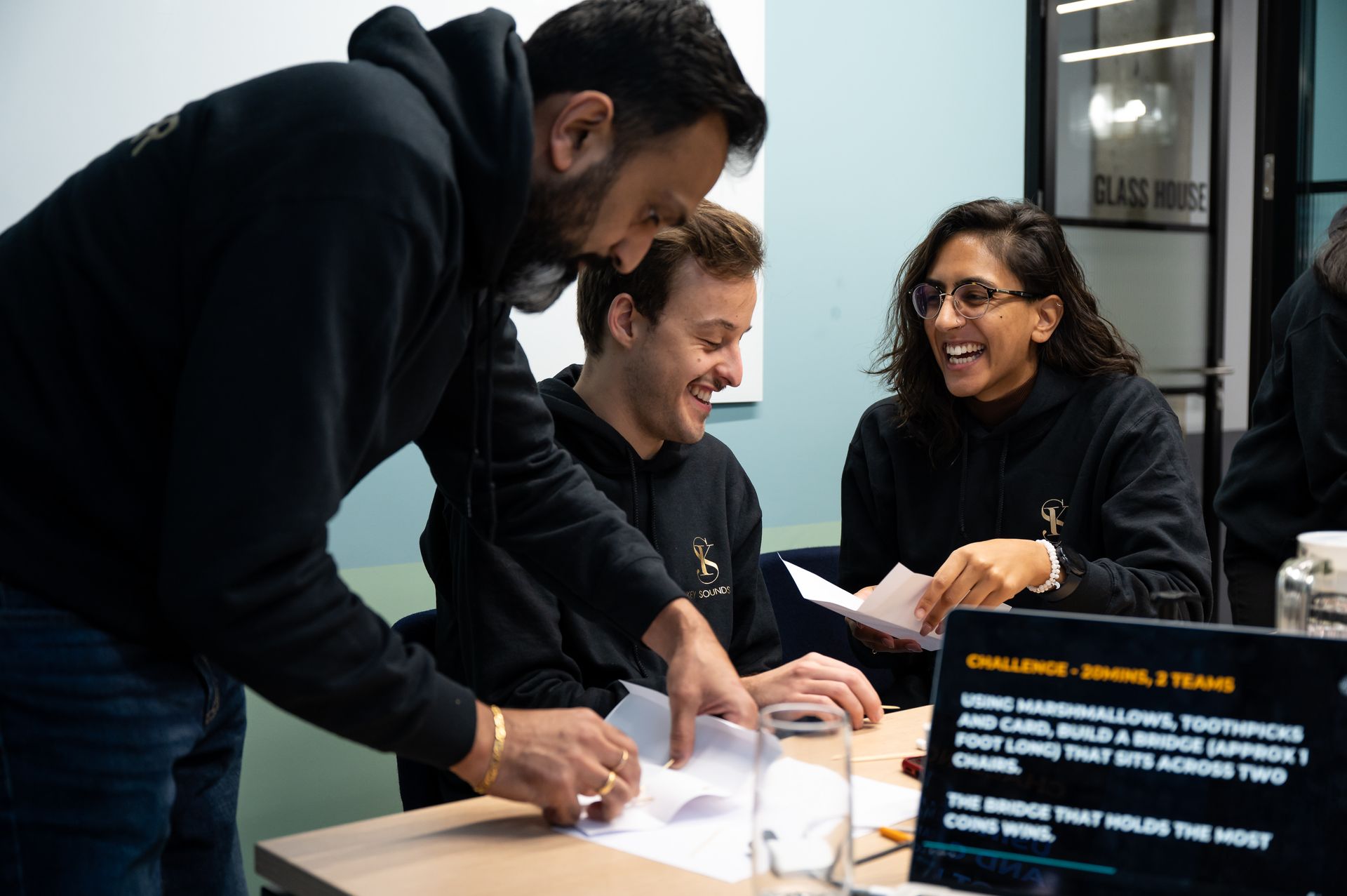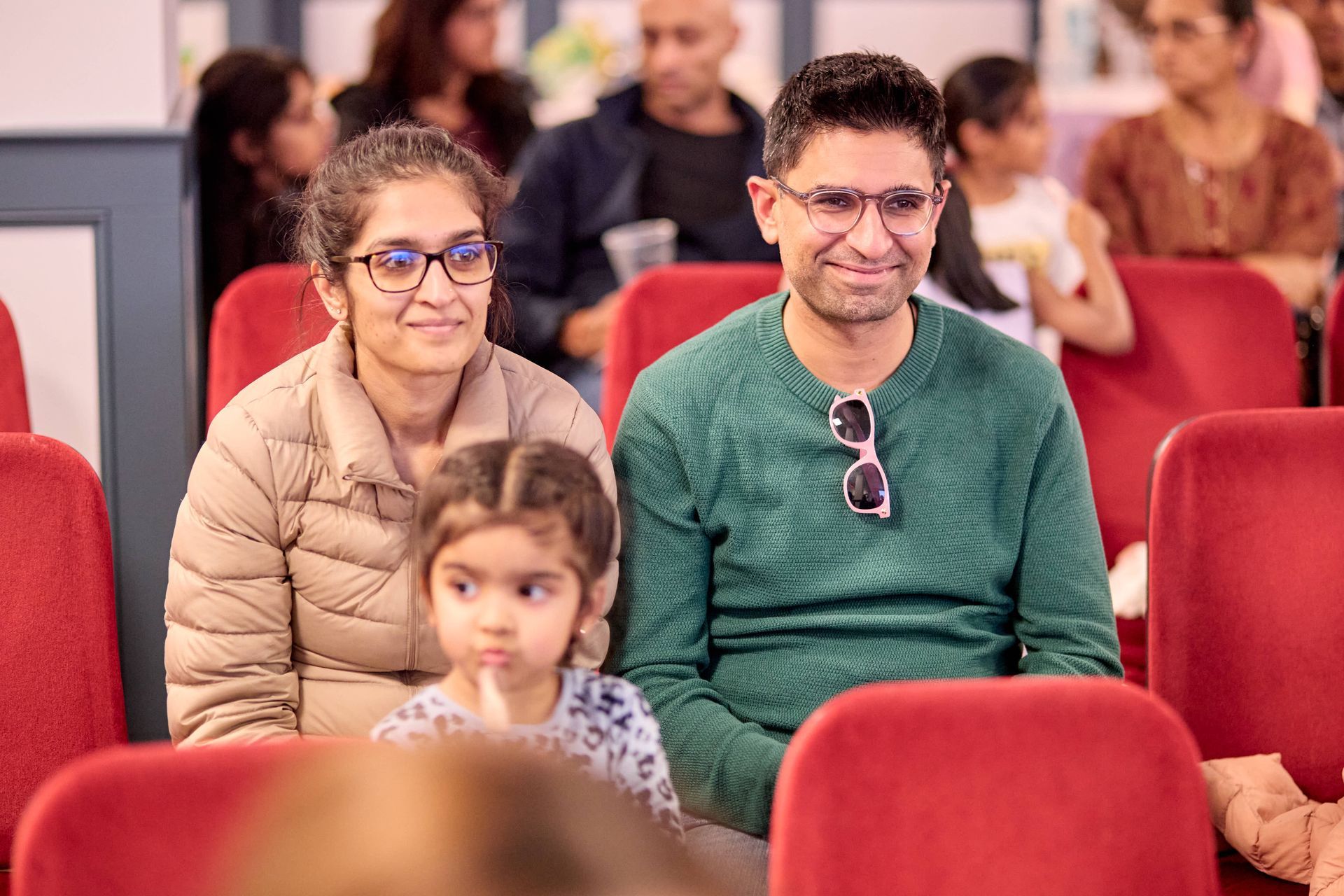What to Consider When You Reignite You Passion for Learning to Play the Piano
Are you ready to reignite your passion for music or fulfill your childhood dream of playing the piano?
At our Key Sounds UK Piano School, we offer a transformative piano journey for both students and adults alike. With a rich legacy of nurturing musical talent, our expert instructors blend tradition with innovation to provide unparalleled piano lessons that cater to all skill levels.
Research shows that learning the piano isn't just about mastering an instrument; it enhances cognitive abilities, improves memory, and fosters creativity. In fact, a study published in Psychology of Music found that children who receive piano lessons have improved language skills and higher IQ scores compared to their peers. For adults, playing the piano is a fantastic stress-reliever, offering a therapeutic escape from the demands of everyday life. We understand that life can get busy, which is why we offer flexible scheduling options. Whether you prefer in-person sessions at our state-of-the-art facility or the convenience of online classes, we cater to your needs, ensuring that learning the piano seamlessly integrates into your routine.
Join our vibrant community of music enthusiasts and embark on a journey that transcends boundaries. Whether you're dreaming of performing on stage or simply yearn to explore the joy of music, our Piano School provides the perfect platform to realize your aspirations. We understand the common challenges faced by aspiring pianists, such as time constraints and lack of confidence. That's why our instructors offer personalized guidance and support every step of the way, helping you overcome obstacles and unlock your full potential.
Feel free to get in touch for more information: www.keysoundsuk.com/contact



